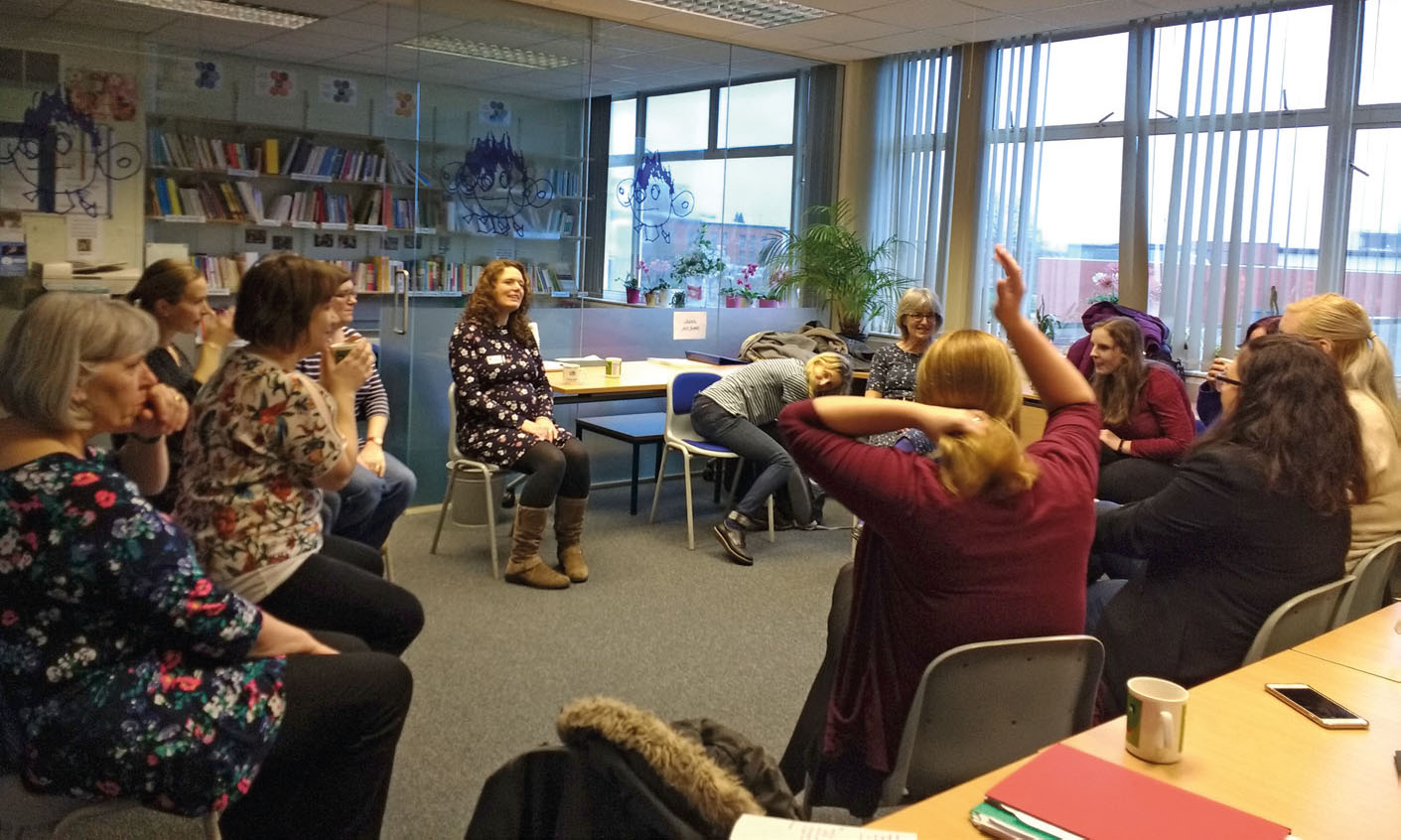
If I happened to meet six secondary music teachers, I could be sure they would all be doing much the same job with much the same qualifications: a music degree plus PGCE. If I met with six piano teachers, they may work with varying ages, some from home, some in a school – but I can still be confident they are doing much the same type of teaching with much the same musical qualifications.
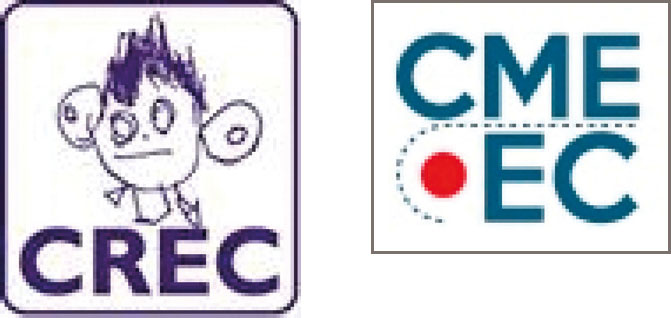
If I meet with six early childhood music educators, however, they would be doing many different kinds of work in different situations. One may be working with babies in daycare; one whizzes around schools giving music sessions for nursery and reception classes, another works for a commercial franchise offering private classes with ready-made backing tracks, another runs music groups for mothers and toddlers in a church hall, another supports a social services parenting unit, another works with a theatre company running integrated arts events. They will work with babies through to school-age, sometimes with parents, carers or teachers taking part and sometimes with groups of children alone. They will work in all kinds of spaces: classrooms, preschools, daycare rooms, hired halls, libraries, concert halls, their own sitting rooms – often lugging equipment from place to place. Such is the patchwork of provision for early childhood music that often it reminds me of the proverbial elephant and blind men; each person knows one part but rarely the whole animal.
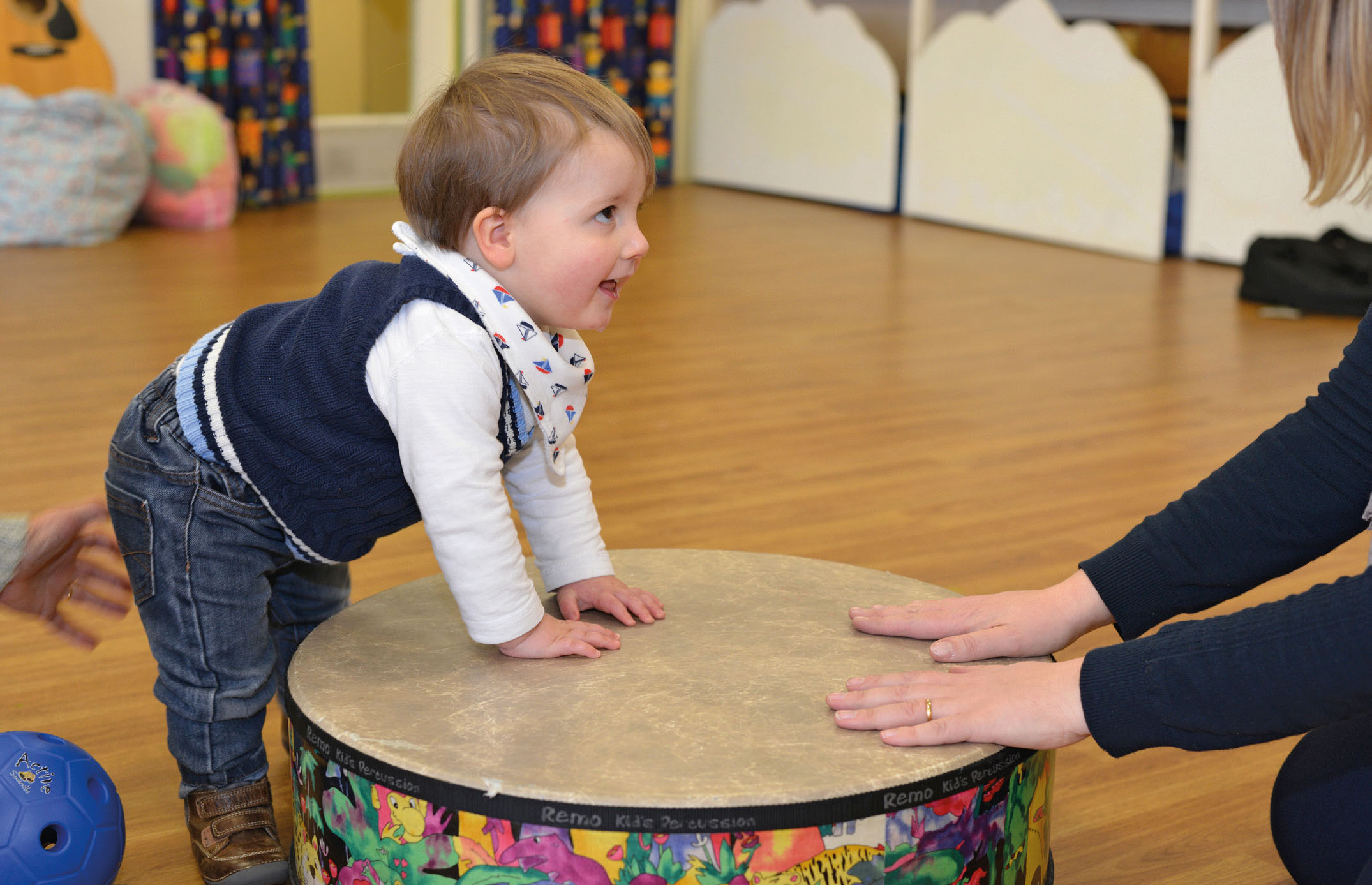
The qualifications of our six early childhood music educators will likely range from degree level to nothing more than a confidence to sing. While no teacher can work across the seven years of secondary level without being suitably qualified and subject to Ofsted inspections, anyone can work in music with small children across their first five years without having any form of qualification or regulation.
These first years are surely the most crucial of all in laying the foundations of musicality and musical identity that shape the musical child to come. It is a period when musical development is profound – just think of the striking difference between a five-month-old and five-year-old. Yet it seems to be acceptable for children's musical experiences in this crucial period to be completely left to chance.
One of the misconceptions, I think, is the belief that because the children are very young and as-yet unskilled musically, that ‘doing’ music with them is also unskilled and simple. It is often thought to consist of nothing more than collecting together a few fun children's songs, adding in some actions, attractive props or simple percussion. Nothing could be further from the truth. Understanding the complex developmental changes, knowing what small children can do perceptually, vocally, physically, cognitively at different ages requires considerable knowledge. So does making sure that the musical input is of a high standard, at the right pitch, the right tempo, the right dynamic, how young children move and coordinate rhythmically, what kinds of musical instruments to use, and how, knowing how to plan a session to be engaging, knowing what to say and when to say it. All this requires considerable stores of knowledge and skill – both in teaching and musical skill. Believe me, working with a bunch of three-year-olds requires a huge amount of experience, know-how – and energy!
MERYC-England is a small charity dedicated to raising awareness of the early childhood music field, the issues and difficulties that beset it, and to improving standards of practice. Determined to do something about the lack of required qualification to practise in early childhood music, and the very low standards that are prevalent, MERYC-England trustees have established a bespoke early childhood version of the Trinity College Certificate for Music Educators, Level 4 – the very first qualification in early childhood music education that has national recognition.
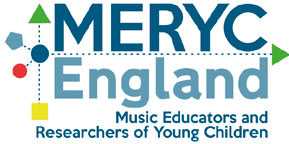
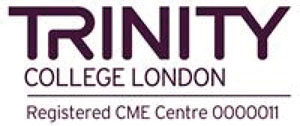
This is a flexible, distance-learning course. We understand that early childhood educators are usually juggling work commitments and family life alongside gaining qualifications. Each student is assigned to a regional mentor; we can cover almost all of England at the moment. Each mentor is an expert early childhood educator, graduates from the Masters programme in early childhood music. Students meet for four core learning days held in Birmingham during the spring term. The rest of the time they work independently under the guidance of their mentor. The course may take around one year, or perhaps two to complete, depending on each student's circumstances, the time they can give to the course and their experience.
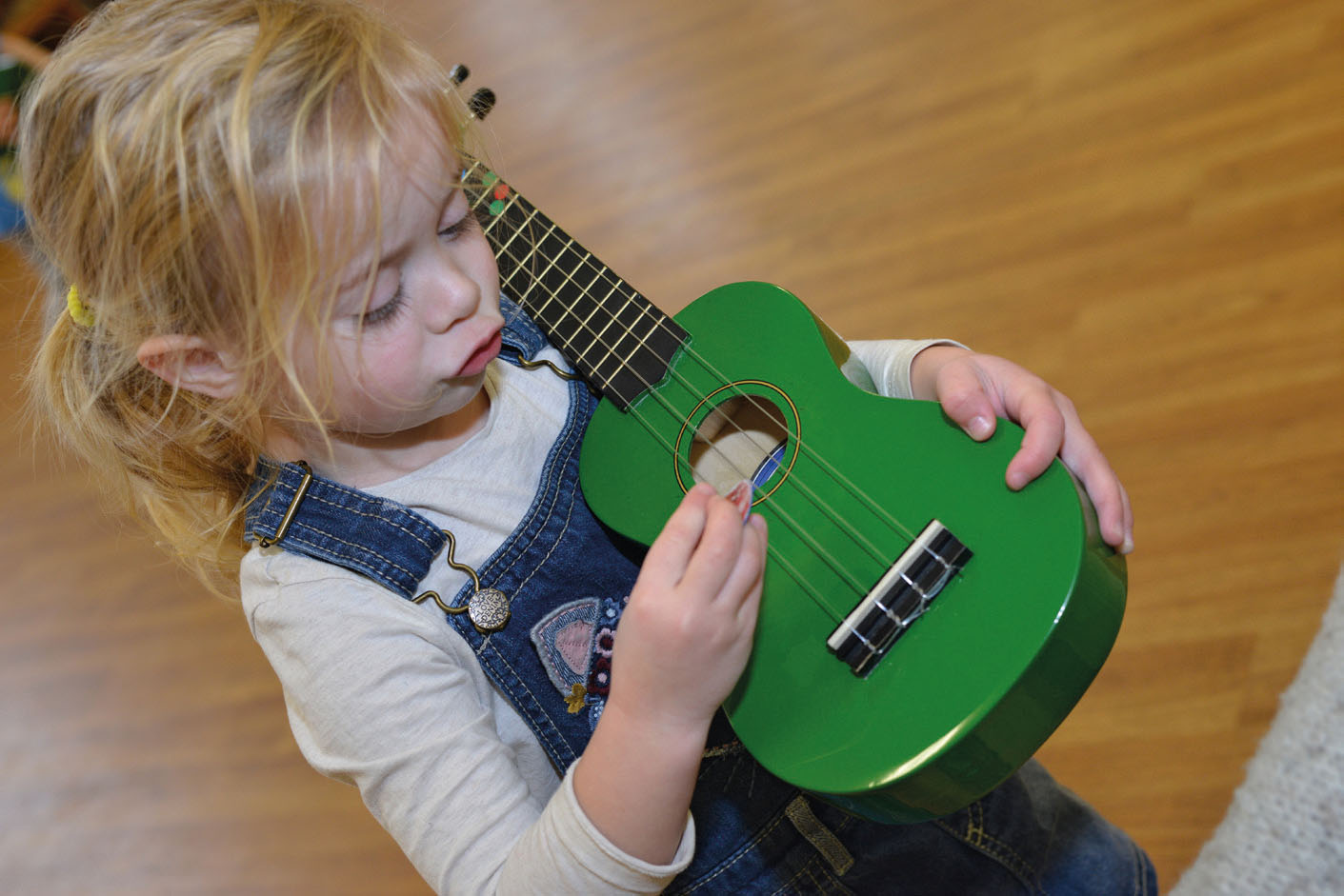
Because the course is tailored to each student's current levels of experience we can work with those who still have a lot to learn, or with experienced educators who want the qualification to validate their work and can move through it quickly. The CME courses allow for prior experience can be ‘counted in’, so someone with quite a lot of experience only needs to ‘top up’ with the learning they still need when discussed with their mentor. Students gradually collect evidence to demonstrate that they have fulfilled sets of learning outcomes and the course is assessed on this portfolio of evidence. In this way learning is designed around each student, their needs and priorities, and there are no final, formal tests.
The learning outcomes cover skills such as planning, management of groups and musical content, areas of knowledge including children's musicality, how it develops, musical play and different pedagogies (the course provides introductions to Kodály, Dalcroze and Reggio Emilia, but is not affiliated to any one approach) and professional aspects such as safe practices and policies. Throughout the course is an underlying principle of reflective practice – most importantly we aim to foster independent, imaginative and thinking professionals.
